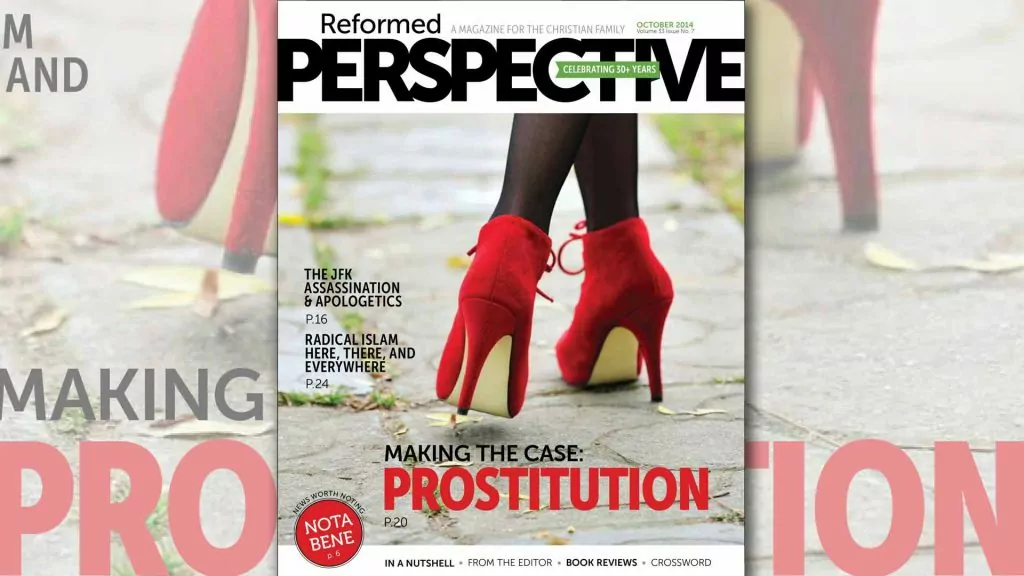In 2014 Parliament passed a new prostitution law that ARPA Canada called “the most significant piece of legislation on a social issue passed during the nine years that Stephen Harper was prime minister.” It criminalized the purchase of sexual services while making it easier for prostitutes, most of whom are being exploited, to exit the sex trade. The goal was to target the demand – the men purchasing sex – rather than the women and men supplying it, but with the end goal of having the supply dwindle.
That law has since been challenged from multiple angles by those wishing to legalize and normalize prostitution. One case – Mikhail Kloubakov, et al. v. His Majesty the King – is now before Canada’s highest court.
The case finds its origins in a 2021 conviction of two men from Calgary who worked for an escort agency and financially benefited from prostitution and procuring women into the sex trade. These men are challenging these laws as unconstitutional. They won their case in the lower court but lost at the Court of Appeal in Alberta.
This summer, ARPA Canada and the Evangelical Fellowship of Canada worked together to submit legal arguments to the Supreme Court of Canada, urging the court to uphold the law. They noted that criminal law protects foundational norms and this law in particular protects the norms of dignity and equality. At the core of prostitution law,
“is the normative judgment that the exchange of sexual services for consideration is contrary to these norms, inherently exploitative, unavoidably damaging to individuals and society, and deserving of criminal prohibition.”
The Supreme Court of Canada is scheduled to hear the case in November.















